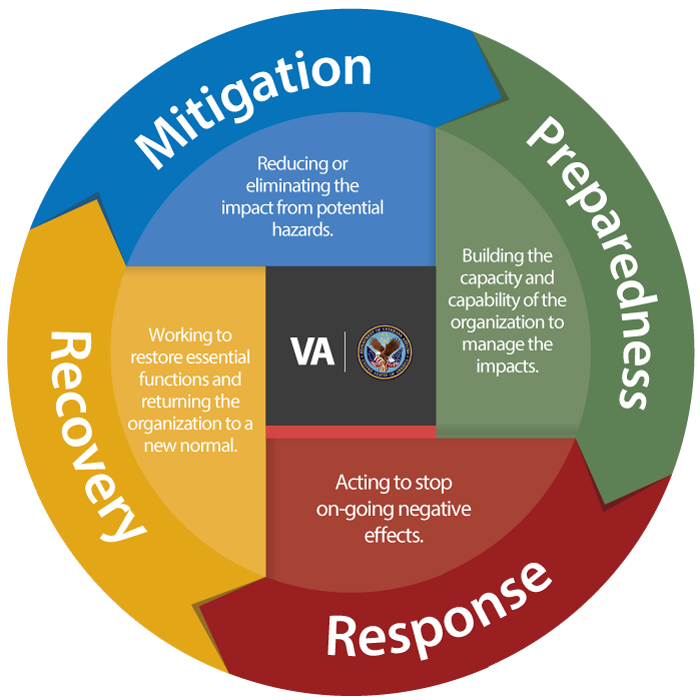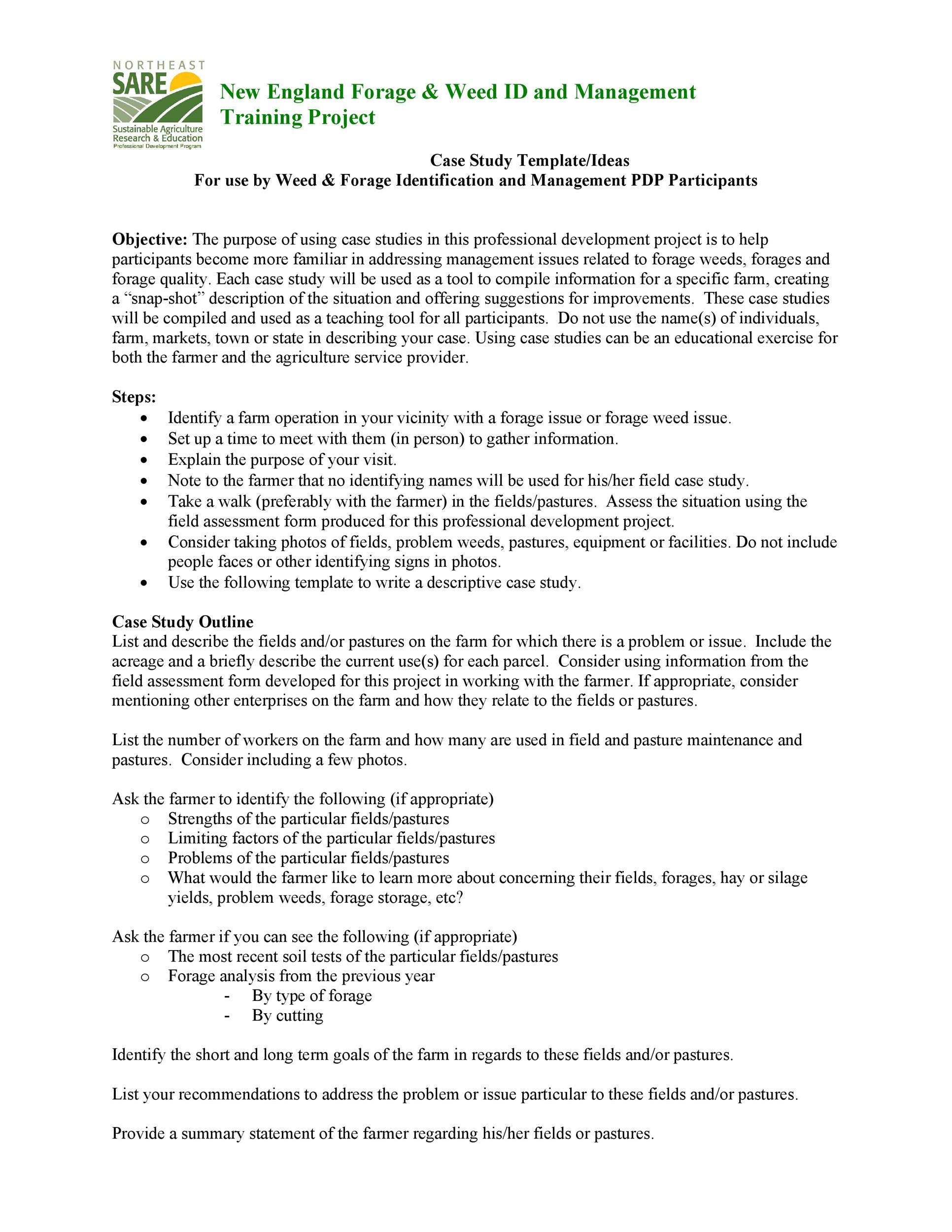What is the relationship between low protein levels and equine performance?
We’ll take a closer look at how protein contributes to horse health and productivity in this article. Our team of equine nutrition experts will examine protein deficiency symptoms, its effects on equine performance, and recommend specific solutions for improving your horse’s nutrition.
By joining us, we will discover how to maximize your horse’s potential and how to improve his productivity by unraveling the impact of protein deficiency.
Understanding Protein Requirements in Horses
Understanding the intricate nuances of protein requirements in horses is paramount for ensuring their optimal health and performance. Proteins, the building blocks of life, play a pivotal role in various physiological functions within equine bodies. From muscle development to immune system function, proteins are indispensable for horses to thrive in their respective activities. Here’s a comprehensive breakdown of the key aspects involved in understanding protein requirements for horses:
The Role of Protein in Horse Physiology
Proteins are macromolecules comprised of amino acids, essential for the growth, repair, and maintenance of tissues in horses. Within the equine body, proteins serve as catalysts for biochemical reactions, regulate hormone production, and contribute to the structure of muscles, tendons, ligaments, and organs.Essential Types of Proteins for Horses
In the equine diet, proteins are derived from both plant and animal sources. Essential proteins for horses include: – **Complete Proteins**: Found in animal-based sources such as meat, fish, and dairy products, complete proteins contain all the essential amino acids necessary for equine health. – **Incomplete Proteins**: Present in plant-based sources like legumes, grains, and forages, incomplete proteins lack one or more essential amino acids but can be complemented through proper diet planning.Daily Protein Requirements for Horses
The daily protein requirements for horses vary depending on factors such as age, activity level, stage of growth, reproductive status, and overall health condition. Typically, adult horses engaged in moderate activity require approximately 10-12% crude protein in their diet. However, growing foals, lactating mares, and performance horses may necessitate higher protein intake to support their increased energy expenditure and physiological demands.Factors Influencing Protein Needs
Several factors influence a horse’s protein requirements, including: – **Age**: Growing foals have higher protein needs to support rapid growth and development. – **Activity Level**: Performance horses engaged in strenuous activities require additional protein for muscle repair and recovery. – **Reproductive Status**: Pregnant and lactating mares have increased protein requirements to support fetal growth and milk production. – **Health Status**: Horses recovering from illness or injury may require elevated protein intake to facilitate tissue repair and immune system function.Optimizing Protein Intake for Equine Health
To ensure horses receive adequate protein in their diet, it’s essential to: – **Balanced Diet**: Provide a well-balanced diet consisting of high-quality forage, grains, and protein-rich supplements tailored to meet individual nutritional needs. – **Regular Monitoring**: Monitor horses’ body condition, performance, and overall health regularly to assess the adequacy of their protein intake. – **Consultation**: Seek guidance from equine nutritionists or veterinarians to formulate appropriate feeding plans and address any deficiencies or imbalances.By understanding the nuanced intricacies of protein requirements in horses and implementing targeted nutritional strategies, horse owners and caretakers can optimize equine health and performance for success in various disciplines.
Signs and Symptoms of Protein Deficiency
Recognizing the signs and symptoms of protein deficiency in horses is crucial for maintaining their health and well-being. Here, we delve into the telltale indicators that may signal a lack of adequate protein intake:
1. Poor Coat Condition:
One of the most visible signs of protein deficiency in horses is a dull, lackluster coat. Protein plays a vital role in the formation of keratin, the protein responsible for hair and hoof quality. A deficiency in protein can result in a coarse, dry coat with a loss of shine and resilience.2. Muscle Wastage:
Protein is essential for muscle development and repair. Inadequate protein intake can lead to muscle wastage, characterized by a loss of muscle mass and tone. Horses suffering from protein deficiency may exhibit a noticeable decrease in muscle volume and overall body condition.3. Lethargy and Decreased Performance:
Protein deficiency can impact a horse’s energy levels and overall vitality. Horses may appear lethargic, lacking enthusiasm for exercise or work. Additionally, a decrease in performance, such as reduced stamina, agility, and strength, may be observed in horses with insufficient protein intake.4. Impaired Immune Function:
Protein is essential for the proper functioning of the immune system. Horses deficient in protein may experience weakened immunity, making them more susceptible to infections and illnesses. Frequent bouts of illness or prolonged recovery times from minor ailments may indicate an underlying protein deficiency.5. Growth and Reproductive Issues:
Protein is critical for growth and development, particularly in young horses and pregnant or lactating mares. Protein deficiency during these critical stages can impair proper growth, leading to stunted development in foals or inadequate fetal growth in pregnant mares. Additionally, protein deficiency may impact reproductive health, resulting in fertility issues or complications during pregnancy.6. Changes in Behavior:
Horses suffering from protein deficiency may exhibit changes in behavior, including irritability, restlessness, or depression. These behavioral changes may stem from discomfort or malaise associated with inadequate protein intake, highlighting the importance of addressing nutritional deficiencies promptly.Effects of Protein Deficiency on Performance
Understanding the profound impact of protein deficiency on equine performance is paramount for horse owners and caretakers. Here, we delve into the multifaceted consequences of inadequate protein intake:
1. Decreased Muscle Strength and Endurance:
Protein serves as the building blocks for muscle development and repair. Insufficient protein intake can lead to a decline in muscle mass, resulting in decreased strength and endurance in horses. This can significantly impair their ability to perform strenuous tasks such as racing, jumping, or pulling loads.2. Impaired Immune Function:
Protein deficiency compromises the horse’s immune system, leaving them more vulnerable to infections and diseases. A weakened immune system can hinder recovery from illnesses and injuries, further exacerbating performance issues. Horses lacking adequate protein may experience frequent bouts of illness, impacting their training regimen and overall productivity.3. Reduced Energy Levels and Overall Productivity:
Protein is essential for providing the energy necessary for various physiological processes in horses. Inadequate protein intake can result in decreased energy levels, leading to lethargy and reduced overall productivity. Horses may struggle to maintain peak performance levels, affecting their ability to excel in competitive arenas or meet the demands of daily work routines.4. Impaired Muscle Recovery:
Protein plays a crucial role in facilitating muscle repair and recovery following exercise or exertion. Without sufficient protein, horses may experience prolonged recovery times and increased muscle soreness. This can hinder their ability to train consistently and may lead to chronic issues such as overuse injuries or fatigue.5. Behavioral Changes:
Protein deficiency can manifest in behavioral changes in horses, affecting their temperament and willingness to work. Horses may become irritable, agitated, or disinterested in activities they once enjoyed. These behavioral shifts can disrupt training sessions and hinder progress in achieving performance goals.Consequences for Different Equine Activities
Understanding the repercussions of protein deficiency on various equine activities is paramount for horse owners and enthusiasts. Here, we explore how inadequate protein intake can impact different facets of equine performance and functionality:
Racing Horses:
– **Impact on Speed, Stamina, and Recovery**: Protein deficiency can detrimentally affect racing horses by compromising their speed, stamina, and ability to recover from intense physical exertion. Without sufficient protein for muscle development and repair, racing horses may struggle to maintain peak performance levels during competitions, leading to subpar race times and increased susceptibility to injuries.Working Horses:
– **Decrease in Work Efficiency and Potential for Injury**: Protein deficiency poses significant challenges for working horses engaged in tasks such as agriculture, transportation, or logging. Insufficient protein intake can result in decreased work efficiency, reduced strength, and an elevated risk of musculoskeletal injuries. Working horses may experience fatigue more quickly and exhibit diminished performance, compromising their ability to carry out essential tasks effectively.Breeding Horses:
– **Implications for Fertility and Offspring Health**: Protein deficiency can have profound implications for breeding horses, impacting fertility and the health of offspring. Adequate protein intake is essential for supporting reproductive function in mares and stallions, ensuring optimal hormone production and gamete development. Additionally, protein deficiency during pregnancy can lead to intrauterine growth restriction in foals, compromising their health and viability.Management and Prevention Strategies

Implementing effective management and prevention strategies is crucial in mitigating the risks associated with protein deficiency in horses. Here are some key approaches to consider:
Balancing Protein Intake:
– **Diet Analysis and Supplementation**: Conducting a thorough analysis of the horse’s diet can provide valuable insights into their protein intake levels. Working with a qualified equine nutritionist can help develop customized supplementation plans to address any deficiencies. Balancing protein intake through strategic supplementation ensures that horses receive the essential nutrients necessary for optimal health and performance.Ensuring Quality Forage and Feeds:
– **Access to Quality Forage**: Forage should form the foundation of a horse’s diet, providing essential nutrients, including protein. Ensuring access to high-quality forage, such as grass hay or alfalfa, is critical in meeting the horse’s protein requirements. Additionally, incorporating protein-rich feeds, such as legume-based pellets or soybean meal, can help supplement the horse’s diet and prevent protein deficiencies.Regular Monitoring and Adjustment:
– **Health Monitoring**: Regular monitoring of horses’ health, including body condition, coat quality, and overall performance, can help identify early signs of protein deficiency. Working closely with a veterinarian allows for timely adjustments to the horse’s nutrition plan based on their individual needs and changing circumstances. By proactively monitoring and adjusting nutrition plans, horse owners can optimize their equine companions’ health and well-being.Case Studies and Examples

Real-life case studies provide valuable insights into the effects of protein deficiency on horse productivity and the success stories of addressing such deficiencies to improve equine performance. Here are some illustrative examples:

